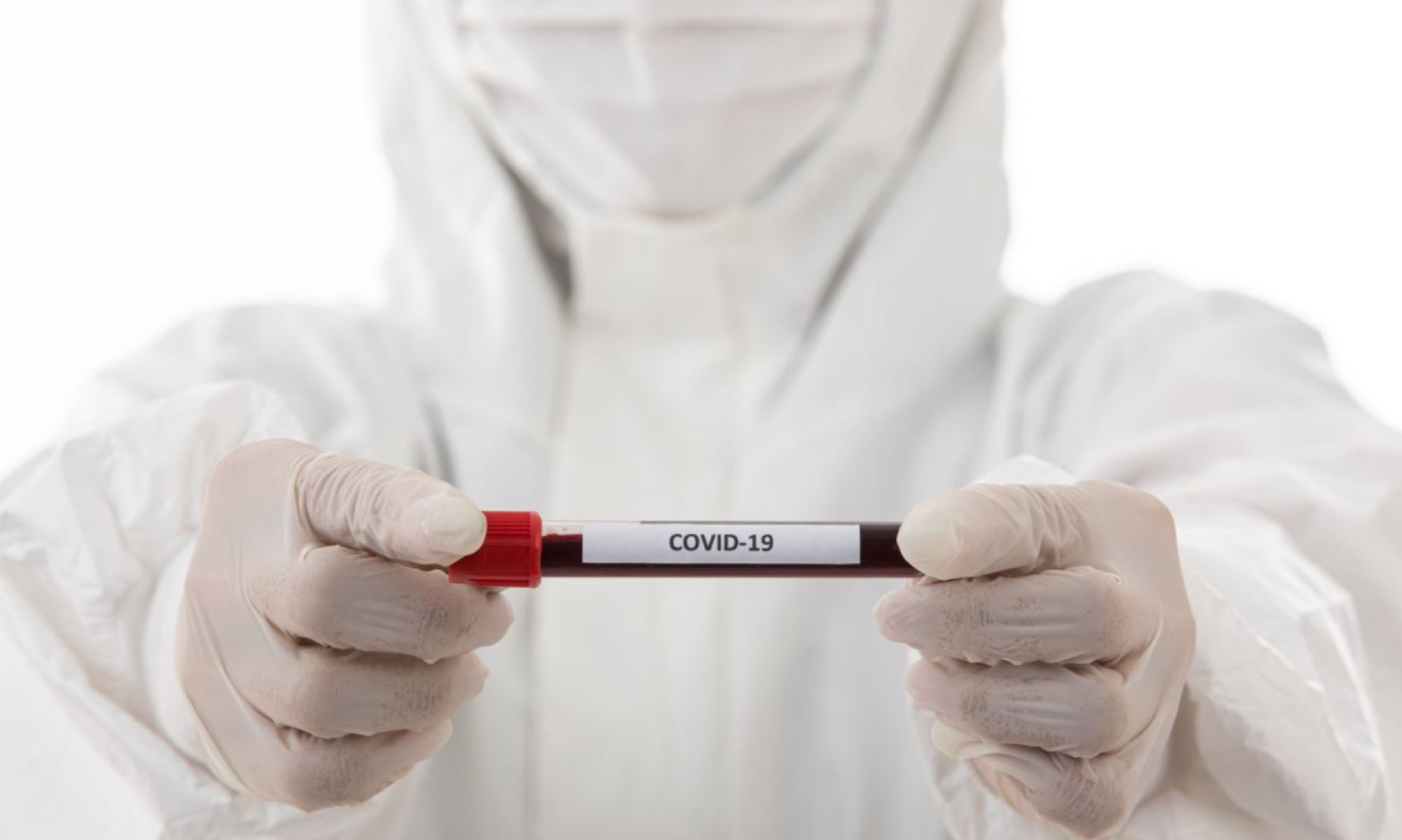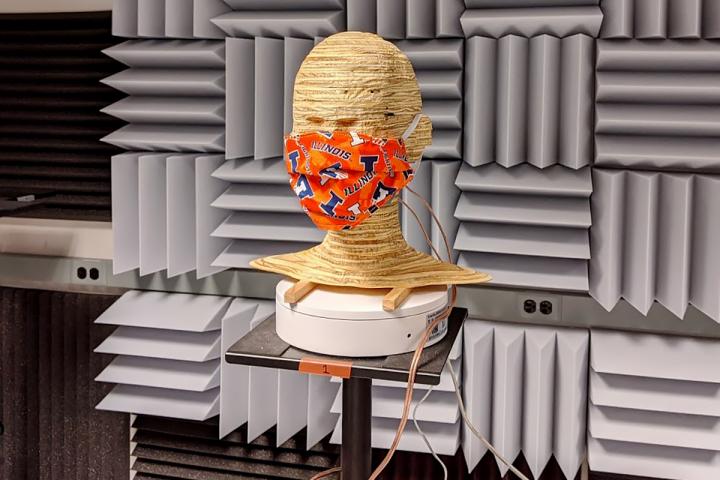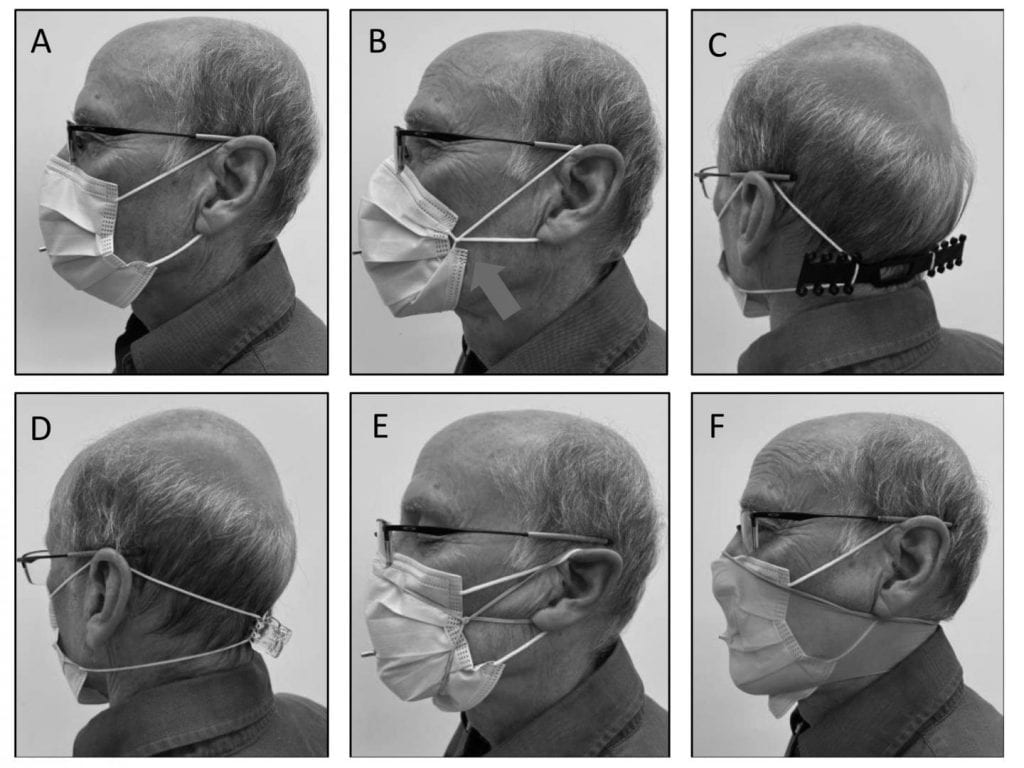Press release:
While previous research early in the pandemic suggested that vitamin D cuts the risk of contracting COVID-19, a new study from McGill University finds there is no genetic evidence that the vitamin works as a protective measure against the coronavirus.
“Vitamin D supplementation as a public health measure to improve outcomes is not supported by this study. Most importantly, our results suggest that investment in other therapeutic or preventative avenues should be prioritized for COVID-19 randomized clinical trials,” say the authors.
To assess the relationship between vitamin D levels and COVID-19 susceptibility and severity, the researchers conducted a Mendelian randomization study using genetic variants strongly associated with increased vitamin D levels. They looked at genetic variants of 14,134 individuals with COVID-19 and over 1.2 million individuals without the disease from 11 countries.
Continue reading “Vitamin D may not protect against COVID-19, as previously suggested”


